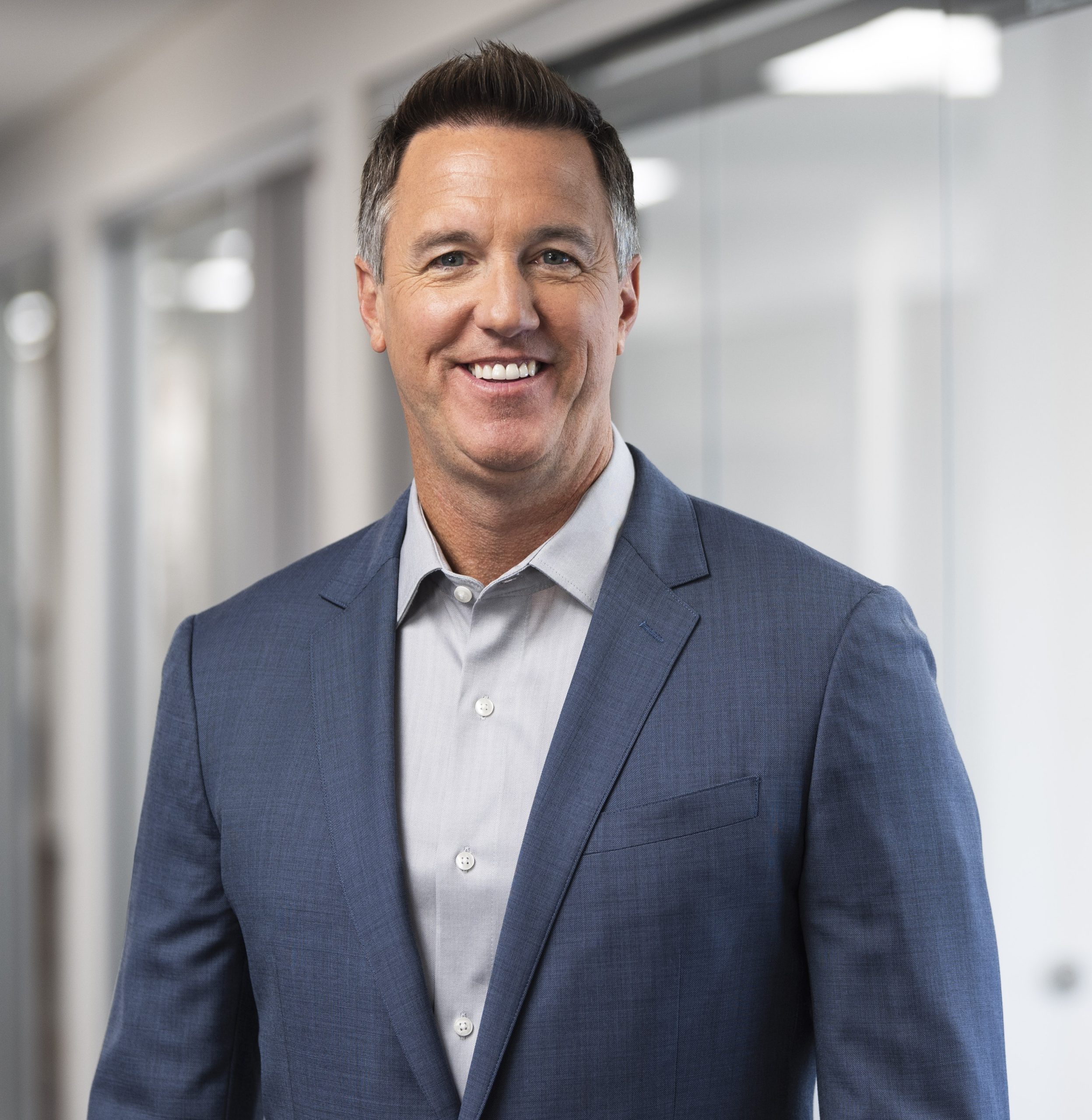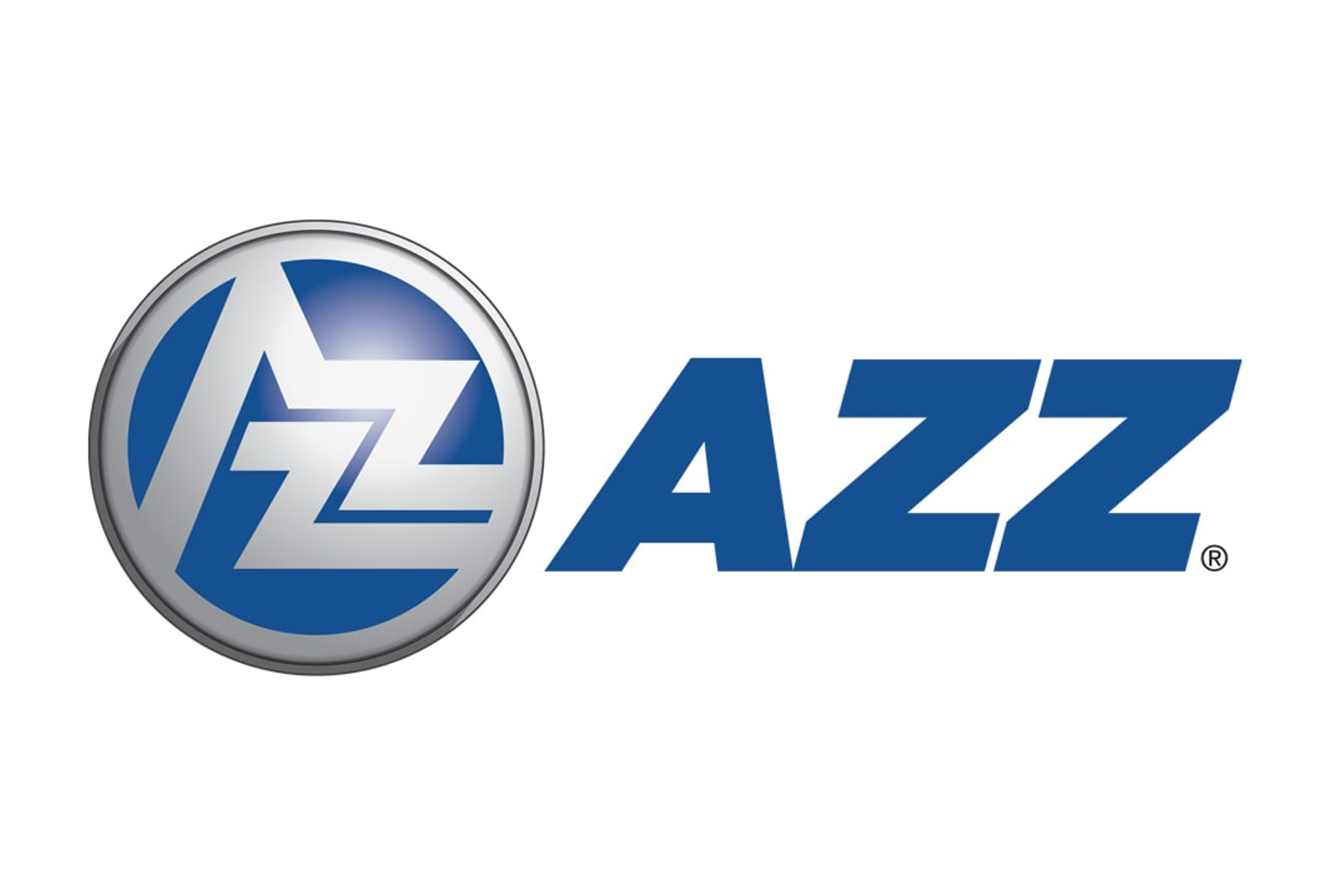Distributors/Service Centers

March 10, 2016
Ryerson CEO Hopes Industry Will be Mindful of Import Spreads
Written by Sandy Williams
Ryerson CEO Eddie Lehner called 2015 “one of the harshest and most difficult metal environments we have seen in terms of magnitude and duration.”
Ryerson Holding, a service center company, announced fourth quarter and full year results on Thursday. The company posted a net loss of $20.5 million for the quarter. Revenue was down 23 percent year over year to $668.8 million. Shipment of 441,000 tons in Q4 was a decline of 10.4 percent from third quarter and 6.4 percent from Q4 2014. Carbon steel shipments decreased to 343,000 tons for sales of $346 million. Carbon steel sales fell 15.2 percent sequentially and 17 percent from a year ago.
For full year 2015 revenue was $3.2 billion, down 12.6 percent from 2014 due to a 6.7 percent reduction in average selling price and a 6.3 percent decline in tons shipped.
Despite lower sales and pricing, Ryerson was able to generate operating cash flow of $259 million and reduce debt by $225 million or 18 percent.
“While the industry has seldom been worse, Ryerson has never been better as seen through our cost reduction actions, our working capital management, cash generation and industry market share gains,” said Lehner.
“While industry metal prices and year over year shipments remain at depressed and declining levels, there are signs of stabilization,” said Lehner. Ryerson is expects first quarter 2016 EBITDA to exceed that of Q4 and Q1 2015.
Ryerson chief financial officer Kevin Richardson reports seeing improvement in end markets leveraged toward consumers and nonresidential construction. Demand for commercial ground transportation is weakening, particularly class 8 and rail, following a very good year in 2015. Oil and gas demand is down about 30 percent but stable at low levels, said Richardson. No meaningful recovery is expected in the short term and oil rigs coming back will be the best forward indicator for the sector. The company is seeing some new transportation work in the last 30-60 days, specifically bridges, which Richardson attributes to passage of the Transportation Bill.
Lehner commented on trade cases and pricing during the earnings conference call:
“Regarding trade cases, as we enter 2016, we have seen no price increases on carbon and stainless products. Looking back to TPA passage in July of 2015, through preliminary trade case rulings and passage of the ENFORCE Act, we can tie these threads together into a trapeze net of near-term price stabilization catalysts. Import volumes, which exerted significant pressure on pricing in 2015, have come down. While HRC pricing and lead times have lagged those for cold-rolled and galvanized, there are signs that HRC prices and lead times are beginning to move in an upward and outward direction. Additionally, scrap, iron ore and global steel export prices have moved higher over the past two weeks following unexpected volatility and downward pressure at the beginning of the year. “
Cabon sheet is still being priced below replacement cost based on fourth quarter average cost and replacement cost at the time, said Lehner. “But we are starting to see signs that hot band prices are beginning to get pulled up closer to cold-rolled and galvan.”
Responding to questions on imports, Lehner noted that imports are clearly trending down. “There’s not a lot of compelling offers to import right now. We think the number is going to continue to trend down and we think the price environment is going to continue to strengthen as we move through the first half of the year.”
Lehner expects to see the CRC/HRC gap narrow and sees HRC pricing at $450 in the not too far future.
When asked what kind of impact filing trade cases has on trading, Lehner says he is less skeptical than he was a year ago. The combination of TPA with its provision for critical circumstances, and the ENFORCE Act will result in a tighter enforcement.
“I think when you take all those things together, you’re going to get a tighter enforcement regime and I think you’re going to see more folks be a lot more careful in terms of whether they ship or they try to evade those determinations,” said Lehner.
“I think that the trade cases will have more of an impact than people believe.”
When asked if a rise in prices will re-widen the price spread to invite imports from countries not named in trade cases, Lehner had the following to say.
“I hope that everyone is going to be mindful of what happened over the last two years. And by being mindful of that, they’re going to pay attention to those spreads. What we know is when the spreads become attractive enough, eventually will people find a way to fill that vacuum.
“Now what I will say is if you go and you add up the math on the cold-rolled rulings, those cold-rolled rulings effectively took 77% of trailing cold-rolled imports out of the market. So that’s going to take some time to fill back up again from alternative sources. And even the folks that are being fairly aggressive with cold-rolled offers that are maybe, say, $100 to $110 under domestic right now, they can’t get a lot of volume on the water. Even if they get it on the water, it’s still not getting here until July, August.
“So what I would hope is, I would hope that the domestic suppliers will be mindful of those spreads this time and it won’t get to that point where folks are really working super hard to fill that vacuum and take advantage of that spread.”







